Could the Samsung Galaxy Note 20's fiercest competitor be a cheap Motorola phone?
Styli are back in style
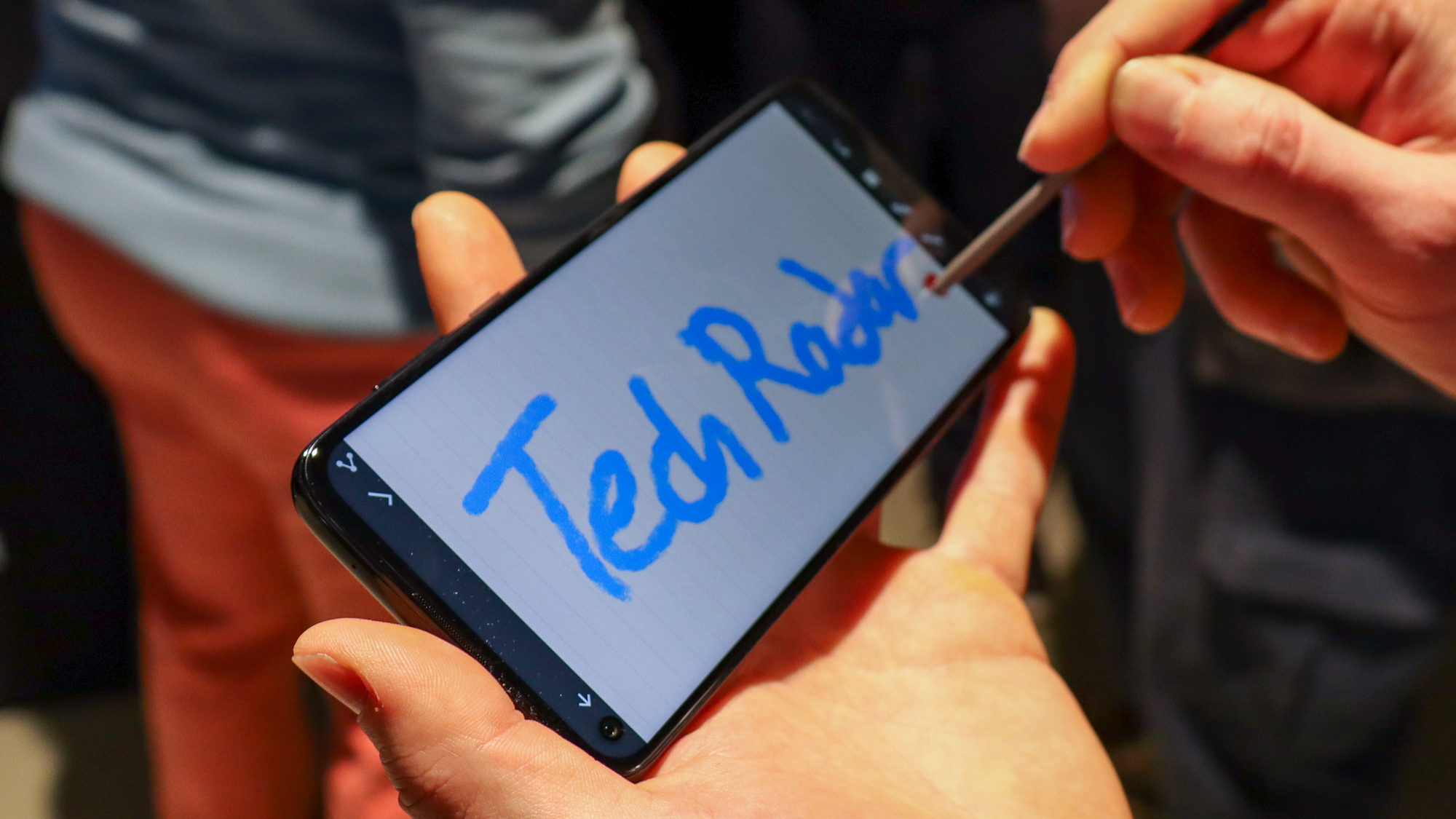
There's always a swell of major smartphones released in the last few months of each year - the Samsung Galaxy Note 20, iPhone 12, Huawei Mate 40 and OnePlus 8T are expected to be part of that wave this year. Those ranges usually all provide a lot of competition for each other, but this year the Samsung phone might have a very different competitor.
In February 2020, Motorola launched a couple of new members of its Moto G line, the Moto G8 Power and Moto G Stylus, the former of which was just a yearly upgrade on the Moto G7 Power, but the latter was a totally new entity - the first stylus phone from Motorola.
So while the Samsung Galaxy Note range rarely has much competition in the way of other stylus phones (the LG Stylo range doesn't really count given limited availability and interest in the phones), this year that could change.
Now the previously-lacking stylus phone market could play host to the most unexpected competition of the year, where a budget phone has the chance to topple a top-end device, though both companies might have a trick up their sleeves.
These are your competitors
On the surface, it would seem that the Samsung Galaxy Note range and the Moto G Stylus wouldn't compete - the former are premium devices that cost a lot, the latter is an affordable smartphone with more modest specs. But that's part of the conflict.
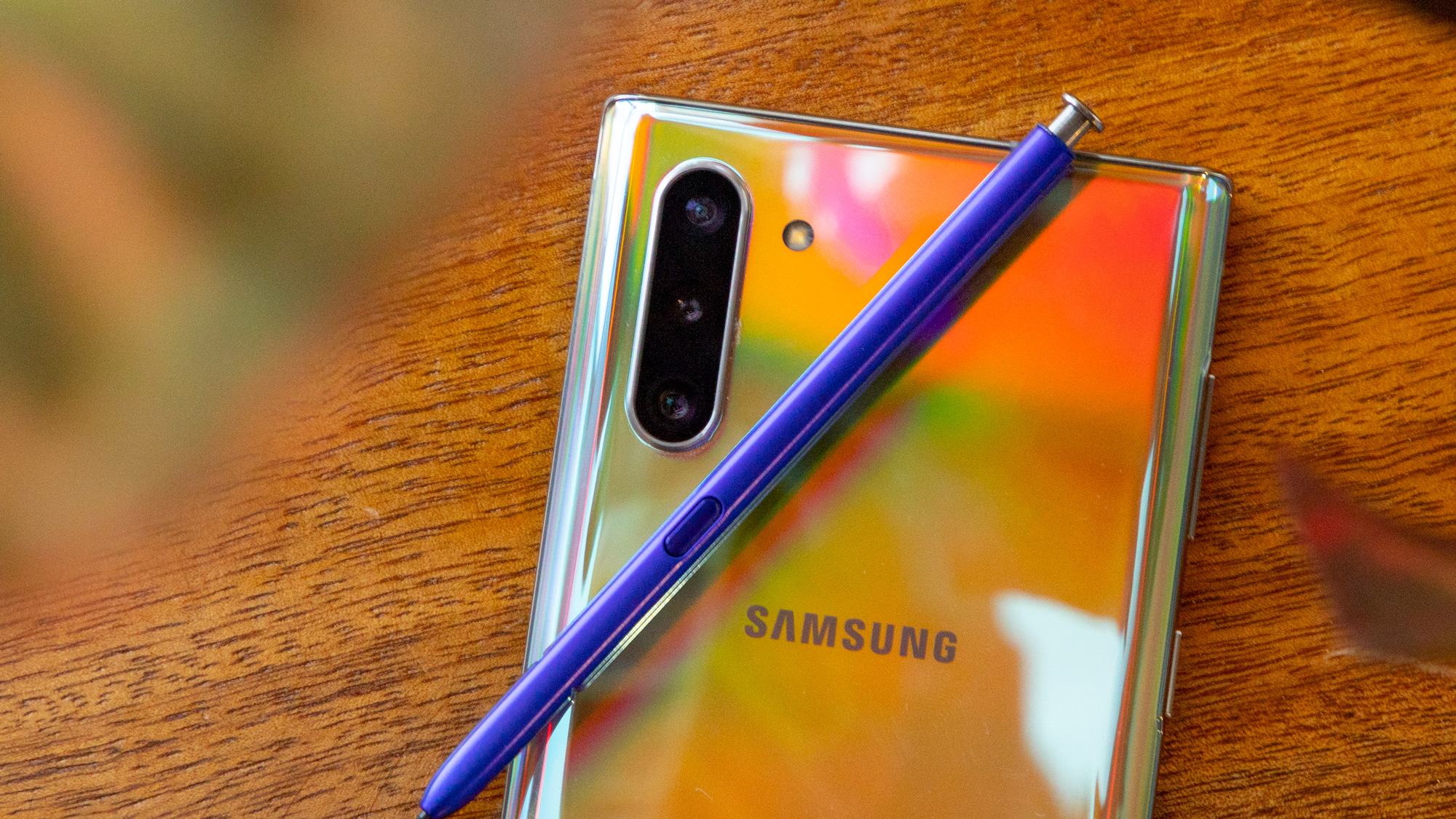
The Moto G Stylus has a 6.4-inch LCD screen, a 48MP main camera joined by a 16MP ultra-wide and 2MP macro snapper, a mid-range Snapdragon 665 chipset, and a 4,000mAh battery. In other words, other than the stylus it comes with it's a pretty by-the-numbers Moto G smartphone.
We don't know the specs for the Samsung Galaxy Note 20 phones yet, as their release is expected in August, but at time of writing the most likely specs (based on leaks) make them look top-end.
Get daily insight, inspiration and deals in your inbox
Sign up for breaking news, reviews, opinion, top tech deals, and more.
The standard Note 20 is rumored to have a 6.42-inch screen, with the Note 20 Plus reaching 6.87 inches - both apparently have 120Hz displays. They'll likely have the Snapdragon 865 chipset with 5G connectivity, advanced camera arrays (although we haven't heard anything about these yet), and batteries that reach or exceed 4,000mAh.
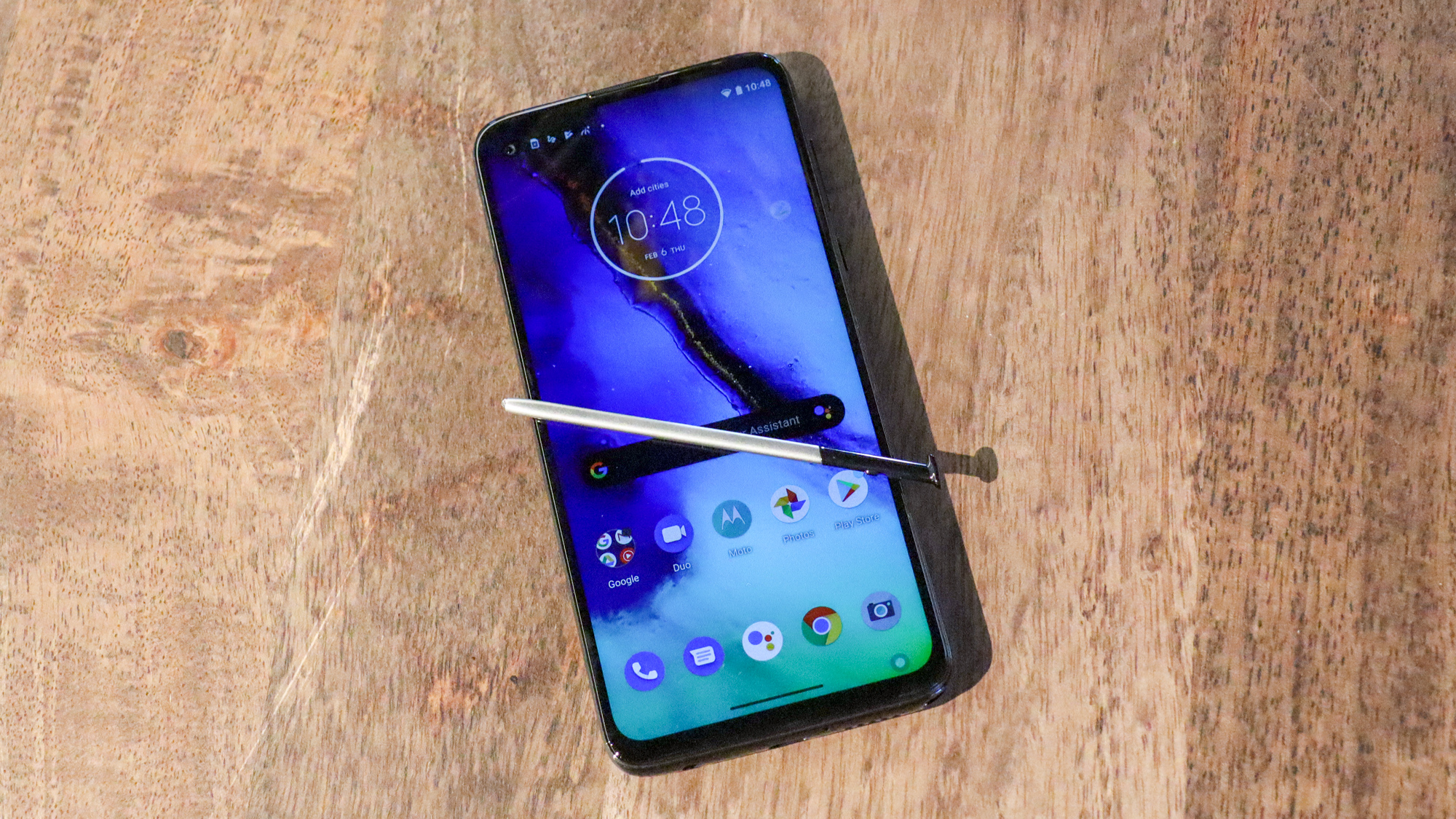
It's likely, then, that the Samsung Galaxy Note 20 phones will come with all the best tech available to them, and be priced accordingly.
The Galaxy Note 10, for context, cost $949 / £869 / AU$1,499, and the Note 10 Plus started at $1,099 / £999 / AU$1,699. So the Note 20 phones will likely be super-pricey handsets. The Moto G Stylus, on the other hand, costs $299 (around £230, AU$440), making it less than a third of the Note 20's likely price.
The unlikely pairing
In a smartphone market relatively lacking in phones with styli, the Moto G Stylus could really shake things up - previously the Galaxy Note phones held a monopoly on the feature, but now almost anyone who wants a stylus can get one since the barrier to entry (in terms of price) is much lower.
After all, the functions that typically require a stylus, or benefit from the peripheral - doodling, note-taking, annotating, for example - don't really need top-end processing power or advanced cameras.
Sure, Samsung's S Pen stylus comes with some cool controls that can change how you navigate or use the phone, but they're fun extras rather than necessary features for using a stylus.
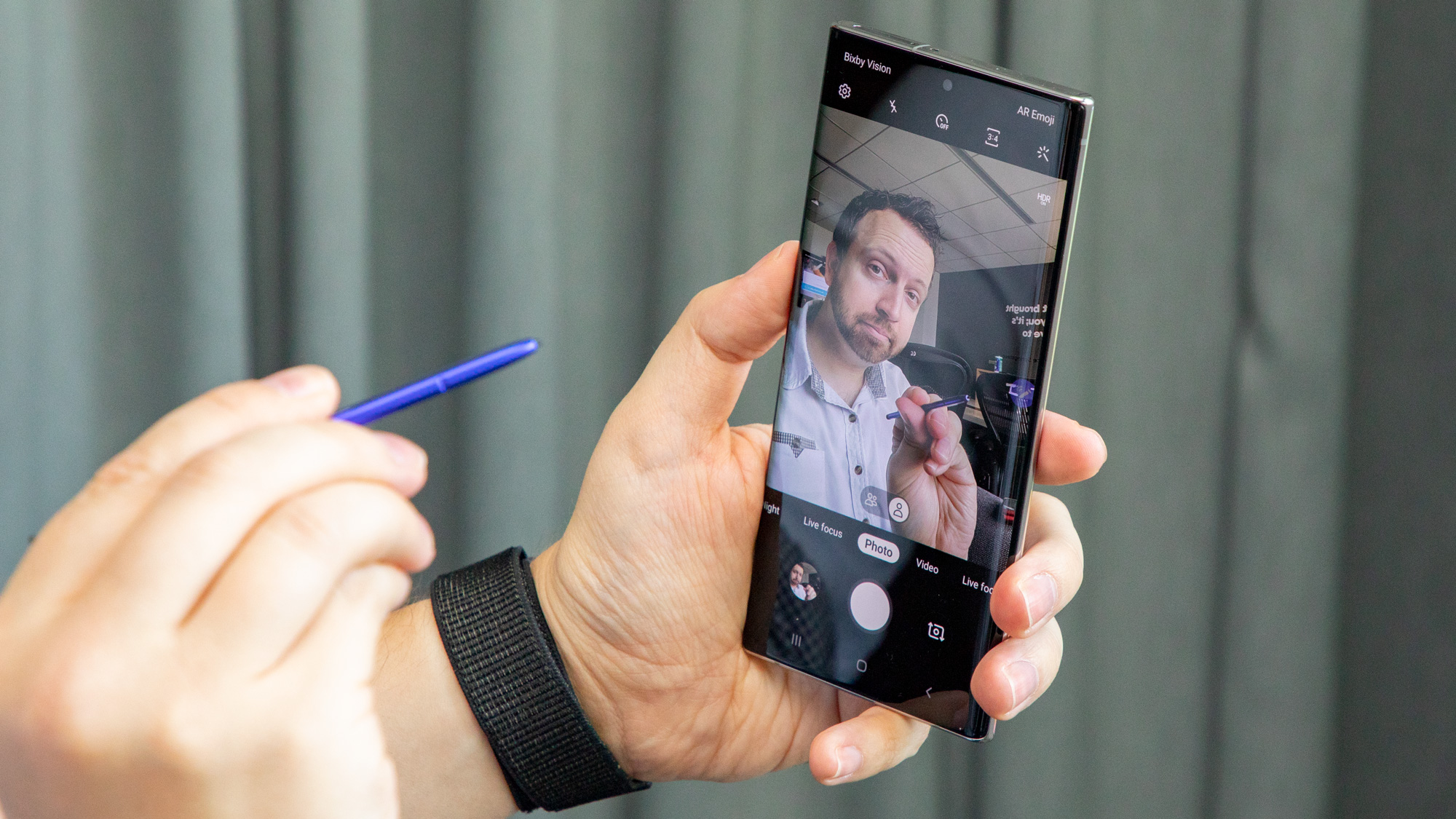
So unless you want a stylus phone and a generally top-end phone, rather than just one or the other, the Samsung Galaxy Note range no longer has as much of a draw as it did before.
After all, everyone wants a bargain when they're buying a new phone, so they'll likely look for the most affordable device available that still ticks all the boxes they need - and there's less chance that will be the Samsung Galaxy Note 20 given that the Moto G Stylus exists. However, Samsung has a trump card it still could play.
We want to see the Lite
In January 2020, five months after the launch of the Galaxy Note 10, Samsung unveiled the Galaxy Note 10 Lite, an affordable-ish version of its premium phone. It's got a lesser chipset, downgraded camera tech, and a slightly worse screen, but it's more affordable too, at £529 (roughly $645, AU$1,000).
Sure, the Galaxy Note 10 Lite wasn't made available in many regions, and it felt rather like a trial on Samsung's part to see how interested people would be in an affordable stylus phone. There's no reason, though, to believe Samsung won't make a Galaxy Note 20 Lite that is available in lots of regions.
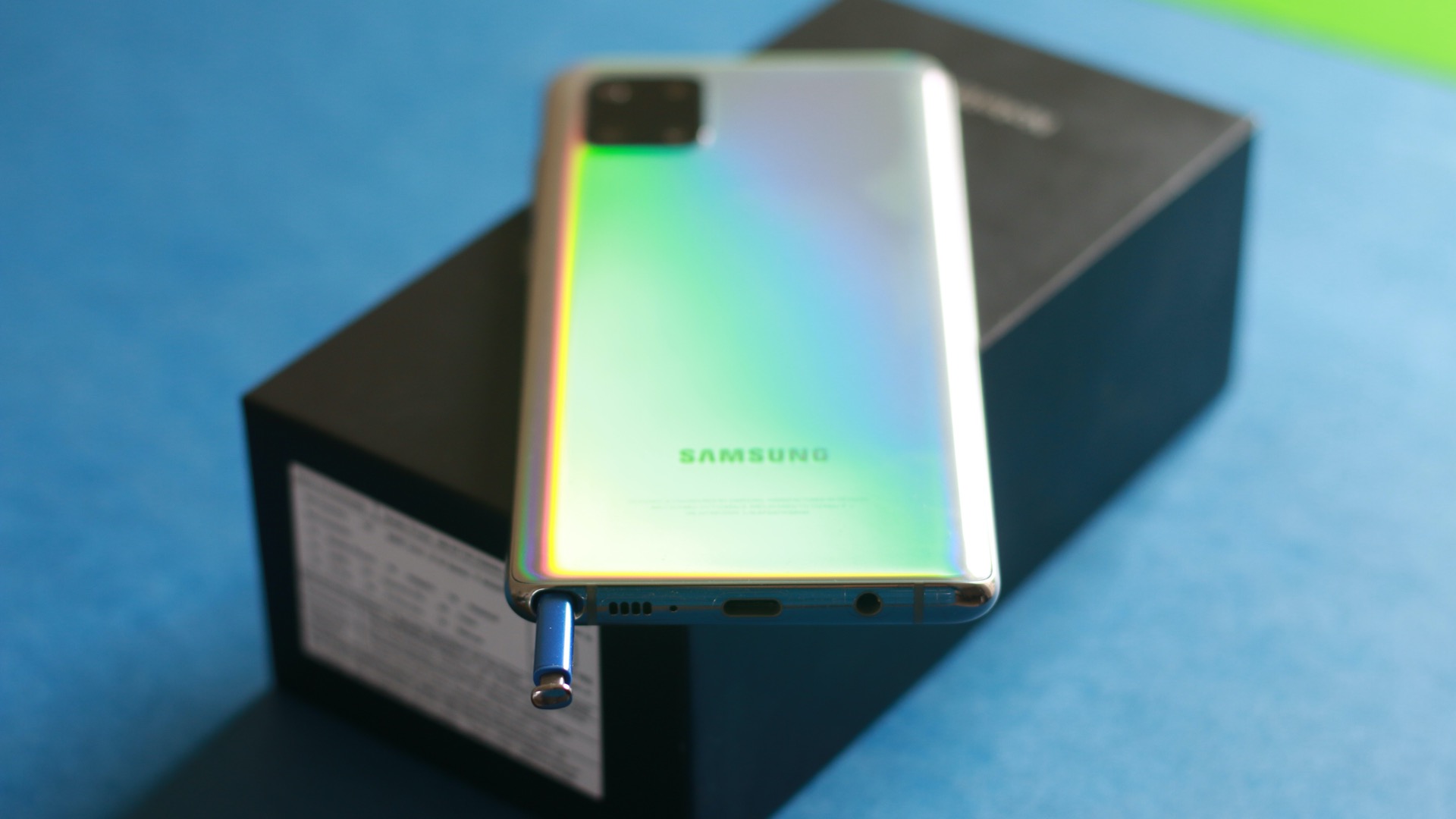
A Samsung Galaxy Note 20 Lite would be a stylus phone for people who don't want the top-end specs of the main models, effectively taking the wind from the Moto G Stylus's sails.
That's not to say the Moto G Stylus is dead in the water, as the Note 20 Lite is still unlikely to be as cheap. Plus, with the release of the Moto G8 Power Lite in mid-2020, Motorola showed it's not afraid to make Lite versions of its already-budget handsets. It's feasible, then, that we could see a Moto G Stylus Lite later in the year that massively undercuts any Galaxy Note 20 models.
Stylus phones are quite a niche product, and the vast majority of handsets release without such a pen, but given Motorola is attempting to undermine Samsung's monopoly in the area, it seems the company has deemed it a worthy market to enter.
So at the end of the year, the real competition might not be between all the top-end phones that are due to release, but between the Moto G Stylus and Galaxy Note 20 (or possibly Moto G Stylus Lite and Galaxy Note 20 Lite). And if Motorola manages to make its mark, perhaps we'll see new stylus phones from more companies before too long.

Tom Bedford joined TechRadar in early 2019 as a staff writer, and left the team as deputy phones editor in late 2022 to work for entertainment site (and TR sister-site) What To Watch. He continues to contribute on a freelance basis for several sections including phones, audio and fitness.